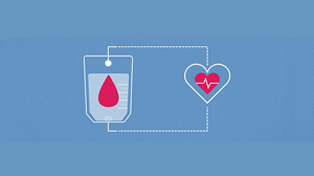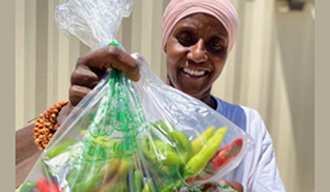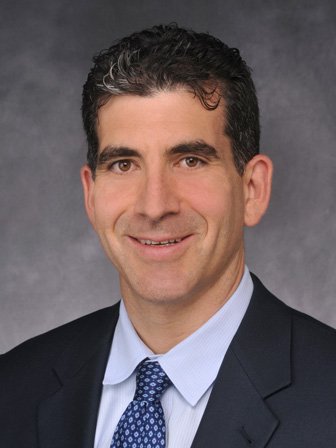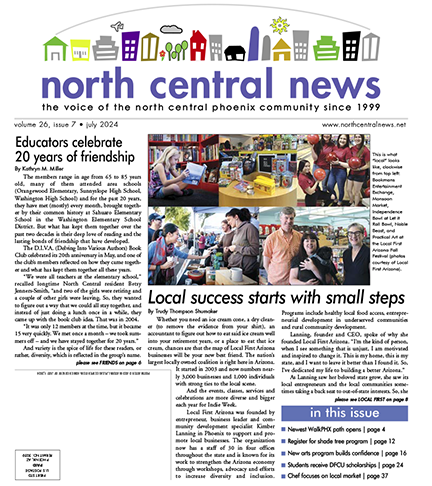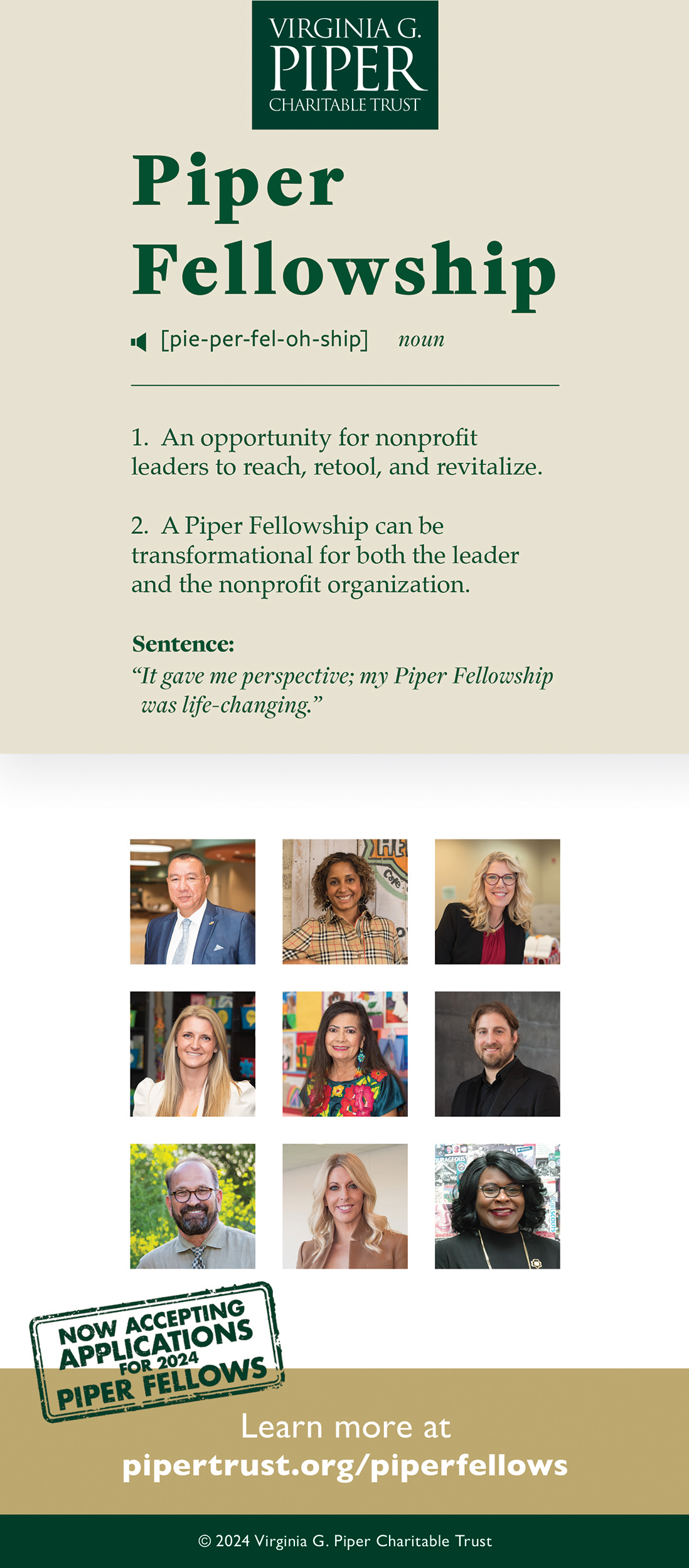Until you need it, chances are that you never think about whether there will be blood available for a transfusion.
But right now is the time to do more than think about it. Find a blood drive, make an appointment and roll up your sleeve to share what you have. The nation is in a blood crisis. If you or a loved one needs a transfusion, there may not be blood available unless healthy Phoenicians make time to share their blood through donation.
This level of crisis is historic, with the need at critical levels. In fact, according to the American Red Cross, this is the worst shortage in over a decade. All blood types are critically needed, with a severe need for type O and platelet donations.
What is causing the crisis? There are several factors, according to national and local blood supply experts.
- There has been a 10-percent overall blood donation decline since March 2020.
- There has been a 62-percent drop in college and high school blood drives due to the pandemic. Student donors accounted for approximately 25 percent of donors in 2019 and have accounted for only 10 percent during the pandemic because students are not in school, and many students have had COVID19.
- Many regular blood drive are cancelled due to illness, weather-related closures and staffing limitations.
- Other factors like a surge of COVID-19 cases and an active flu season may compound the already bad situation.
Regardless of the reason, as of press time, the blood in blood banks is enough for about a half day’s supply in Phoenix. That is far below the levels considered safe. People with cancer, people hurt in accidents, people undergoing surgery and many others need blood, and they are at risk when there is not blood available.
Regular blood donors like Todd Tamcsin step up their efforts during a time of crisis.
“I have donated blood regularly for years, and it’s just part of my routine. It’s easy for me to do, and it makes a difference in the lives of people I have never met. Donors did that for my brother when he needed blood during cancer treatment.
“When I heard about the crisis last week, I recruited a couple of friends to go with me to donate. They might not have gone if I hadn’t called them to go with me—we all went together, and it was good for all.”
Tamcsin’s younger brother had colon cancer, and Todd first donated blood 15 years ago, when he realized that his brother’s life depended on donors who took time to “share a pint.”
Donating blood takes about an hour, and, as one donor said, “the gratification is instant.” Only 3 percent of eligible donors donate blood, and yet blood is needed in the U.S. is needed every two seconds.
Susan Rice was a healthy young mother until she needed an emergency transfusion after childbirth. “Suddenly I was in crisis, and in need of a transfusion. My family and I were so grateful that blood was immediately available when I needed it. My husband and I are now regular blood donors because we know how much it meant to us when I needed help. Blood was available without delay because people had generously donated.”
In Phoenix, Vitalant and the American Red Cross are the organizations that supply to hospitals. Blood is obtained at blood drives held throughout the Valley, at schools, churches and businesses. Donors can make appointments through either organization. Their websites provide more information about blood donation, about qualifications to donate, and how to make appointments to donate.
Many employers host blood drives, and they often give their employees time away from work to donate.
“We always need more blood drive sponsors,” said Colin Williams, American Red Cross. “We are here to help organize the drive in your organization. Just contact us to learn more about how to do it.”
The American Red Cross website is www.americanredcross.org and Vitalant’s is www.vitalant.org. In general, donors must feel well on the day of their donation. There is no waiting period to donate for those who have received a Covid-19 vaccine or seasonal flue vaccine if all other requirements are met. A quick finger prick is done to determine whether the donor can safely donate, and blood pressure and temperature are taken. Screening questions are asked in a confidential questionnaire, and they will help determine the health of the donor.

